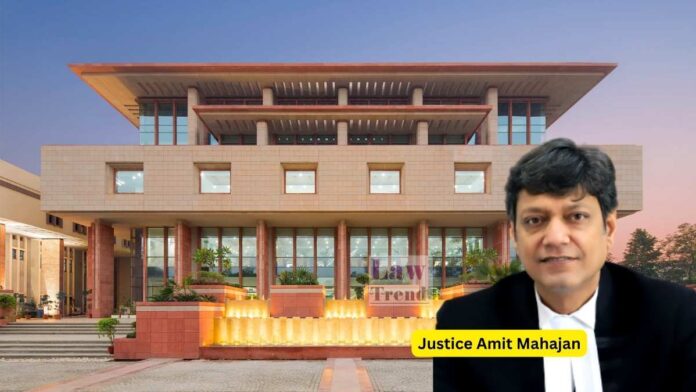The High Court of Delhi, in a judgment delivered on November 3, 2025, quashed an FIR for offences including rape and administering an intoxicating substance (Sections 376/328 IPC), holding that the complainant’s allegations were “riddled with flagrant inconsistencies” and bereft of corroborating evidence. Justice Amit Mahajan, presiding over the petition (CRL.M.C. 483/2020) filed by the




